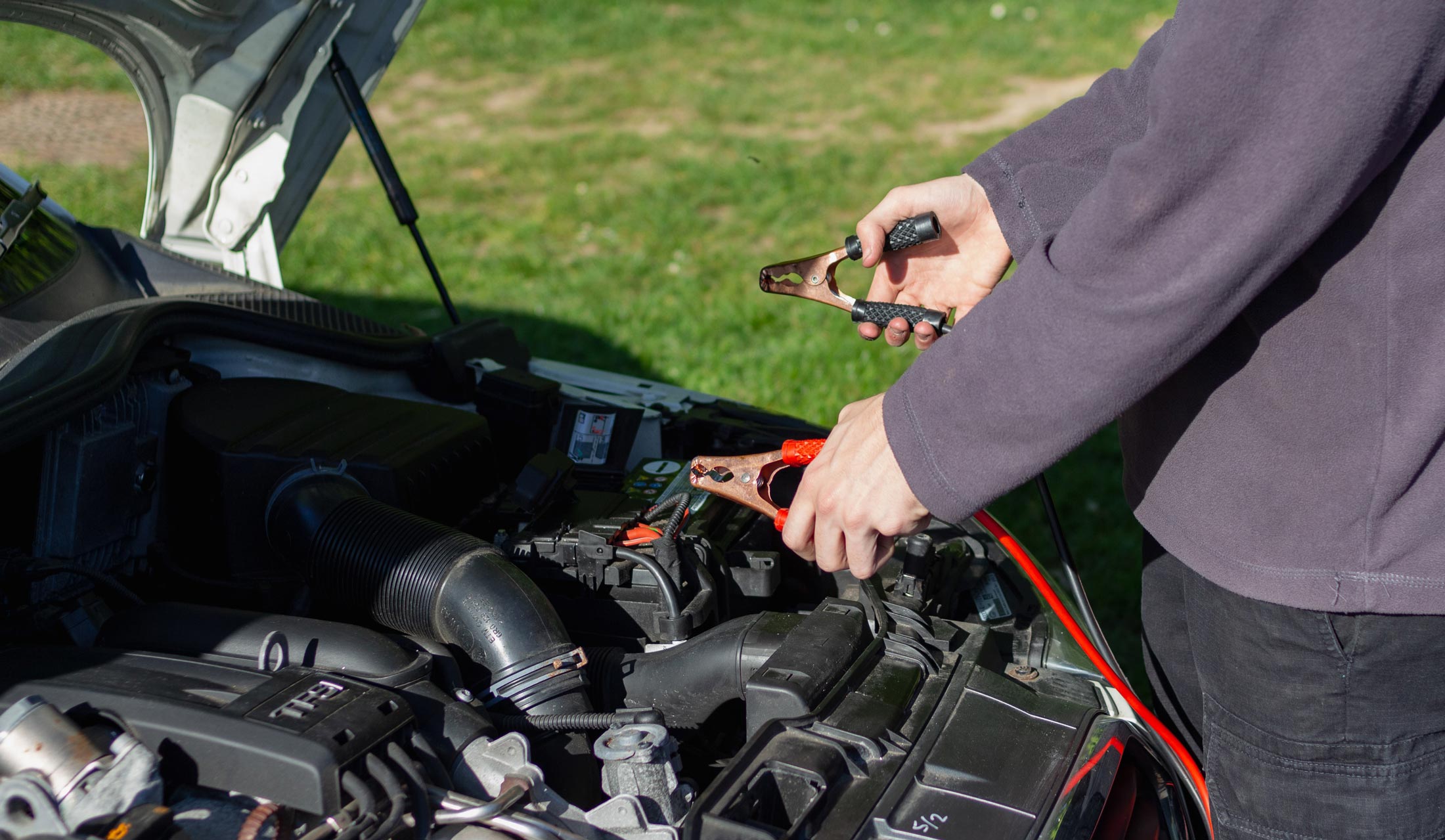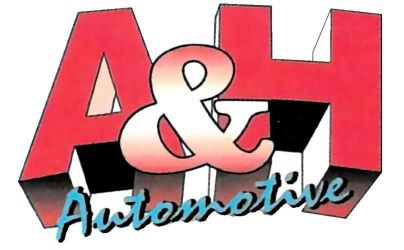Electrical & Driveability Problems

Every customer is our top priority at A&H Automotive because when your car, truck, or SUV isn’t running right, you need an automotive team you can trust and we’re the team to count on! Our ASE-certified auto technicians and our customer care team members work together to ensure your experience is one-of-a-kind and that you come back to us for future service and repair work. At A&H, you’re not a number in our computer system, but a valued member of our automotive family. We know you could take your vehicle to any one of the surrounding Honda, Toyota, or Subaru dealerships for your maintenance and repair services, but you choose A&H! We are the one and only, family-owned and operated specialty auto repair shop in Delray with the same technology and capabilities of a franchise dealer.
Your vehicle’s electrical system is one of the most important and intricate systems and when things go wrong they can be complicated to repair. This system powers your headlights, ignition system, starter, automatic windows, power door locks and so much more. You rely on your car’s electrical system every day for convenience, safety, and for smooth operation. When it comes to repairing your Honda, Toyota, or Subaru’s electrical system, you can trust A&H Automotive to get the job done right the first time!
Over time your car, truck, or SUV’s headlights (headlamps) burn out and your headlight electrical system continues to age. It is important to clean and check your car’s headlights. It’s unsafe to drive your vehicle if even one of your headlights is not functioning properly, or your view of the road is impaired by fading car headlights. Most vehicle headlights should last at least 18 to 24 months and sometimes longer.
If the electrical system operating your car’s headlights is causing you problems, or your headlights are burnt out, come to A&H Automotive in Delray Beach, where one of our experienced, ASE-certified technicians will replace your car headlights with premium replacement parts.
Your vehicle’s battery provides all the electrical power to start the vehicle. Below we cover how a battery test can save you from getting stranded in a South Florida parking lot as well as review all of the battery maintenance and repair services we offer.
Regular Battery Testing & Servicing Will:
Determine the current condition and functionality of the battery.
Helps maintain efficient alternator operation.
Helps increase battery life and allows for reliable starting.
***Note: We recommend a battery test every 7,500 miles or twice a year.
Battery Maintenance Services Include:
Inspecting the battery, battery cables and terminals checking for cracks, oxidization, etc.
Cleaning the battery surface and terminals to ensure great connection.
Performing an open circuit voltage and load test.
Treating terminals to prevent corrosion and excessive wear.
Battery Related Repair and Replacement Services
Battery cables and terminals provide the necessary electrical path to transfer the battery power to the entire vehicle. Replacing the battery cables and terminals will provide longer battery life and alternator operation.
Battery Repair Services Include:
Removing the battery cables and terminals.
Cleaning debris from the battery.
Installing new battery cables and terminal.
Battery Replacement Services Include:
Removal of old battery.
Cleaning debris from battery holder.
Installation of the new battery.
Properly routing cables and hold-down clamps to ensure battery will not move.
Treating battery terminals to help prevent corrosion.
Replacing the Battery will provide quicker starting; proper alternator operation and providing the peace of mind that your vehicle will start.
If you’ve noticed your vehicle acting up lately, or it’s time for your regularly scheduled maintenance, bring your Honda, Toyota or Subaru to our certified automotive technicians at A&H Automotive. Are you hearing strange knocking or grinding sounds when starting your car, truck or SUV? Have you noticed fluids leaking underneath your car? Is it time for your inspection or tune up? If you answered yes to any of these questions, we have been the preferred local shop for alternator replacement, so come see us today!
If you’re having to constantly jump your battery, or if you just replaced it with a new battery that still doesn’t seem to hold a charge, that’s a good chance that the real problem is with your alternator.
***Note: A bad alternator could be the cause of your dead battery.
While you’re driving your car, the alternator provides electricity to various components like your dashboard lights and air conditioning system. Any extra power your alternator creates is stored in the vehicle’s battery for later use. If your Honda or Toyota’s alternator isn’t charging your battery, there’s a good chance you will have to deal with a dead battery as well.
This is an electrical issue that is often misdiagnosed as a bad battery, especially if your battery is on the older side. You can save time, and a further frustration, by having your car serviced correctly by our ASE certified mechanics. Simply, bring your car, truck, SUV or Hybrid to our auto repair shop for an alternator replacement that you can trust will be done right the first time.
What is an alternator?
An automotive charging system is made up of three major components: the battery, the voltage regulator and an alternator. The alternator works with the battery to generate power for the electrical components of a vehicle, like the interior and exterior lights, and the instrument panel. An alternator gets its name from the term alternating current (AC).
Starter
Your vehicle’s starter is the electric motor that turns over or “cranks” the engine to start it. When you turn your key it allows electricity to flow from the battery to the starter motor and complete the circuit for the first revolution of your engine.
There are two devices which allow the ignition to fire and start the engine, the starter motor and the solenoid. Because automobile manufactures deemed it more efficient, the solenoid is most commonly attached to the starter. These two devices working in conjunction provide the necessary amount of electricity from your battery to “turnover” the engine.
If your car tries to start, but can’t quite get the job done, it could possibly be because your starter is malfunctioning. Generally, there are only a few things that can lead to a starter motor misbehaving, which we describe below.
Weak Battery: An undercharged battery will not provide the starter with enough electricity to turn the engine over. This may cause your vehicle to make rapid clicking noises, or just never quite turnover.
Bad Wiring: In order to take the charge from the battery there is basic wiring that is required. More than anything else, time and heat take the worst toll on basic your vehicle’s electrical components. By simply replacing some faulty wiring may be all that’s required to fix your starter.
There are also a few mechanical issues that can arise with a starter motor that would cause it to fail. The Flywheel, for example is made up of multiple interlocking teeth which move the crankshaft and pistons. Over time your flywheel degrades and can cause the starter to stop functioning.
The process of troubleshooting a starter motor and solenoid combination can quickly become a tiresome task. Frustrating to say the very least. Let our team of ASE certified technicians take away the stress of figuring out your vehicle’s problem. Our technicians are experts at diagnosing electrical problems and finding the best long-term solution.
